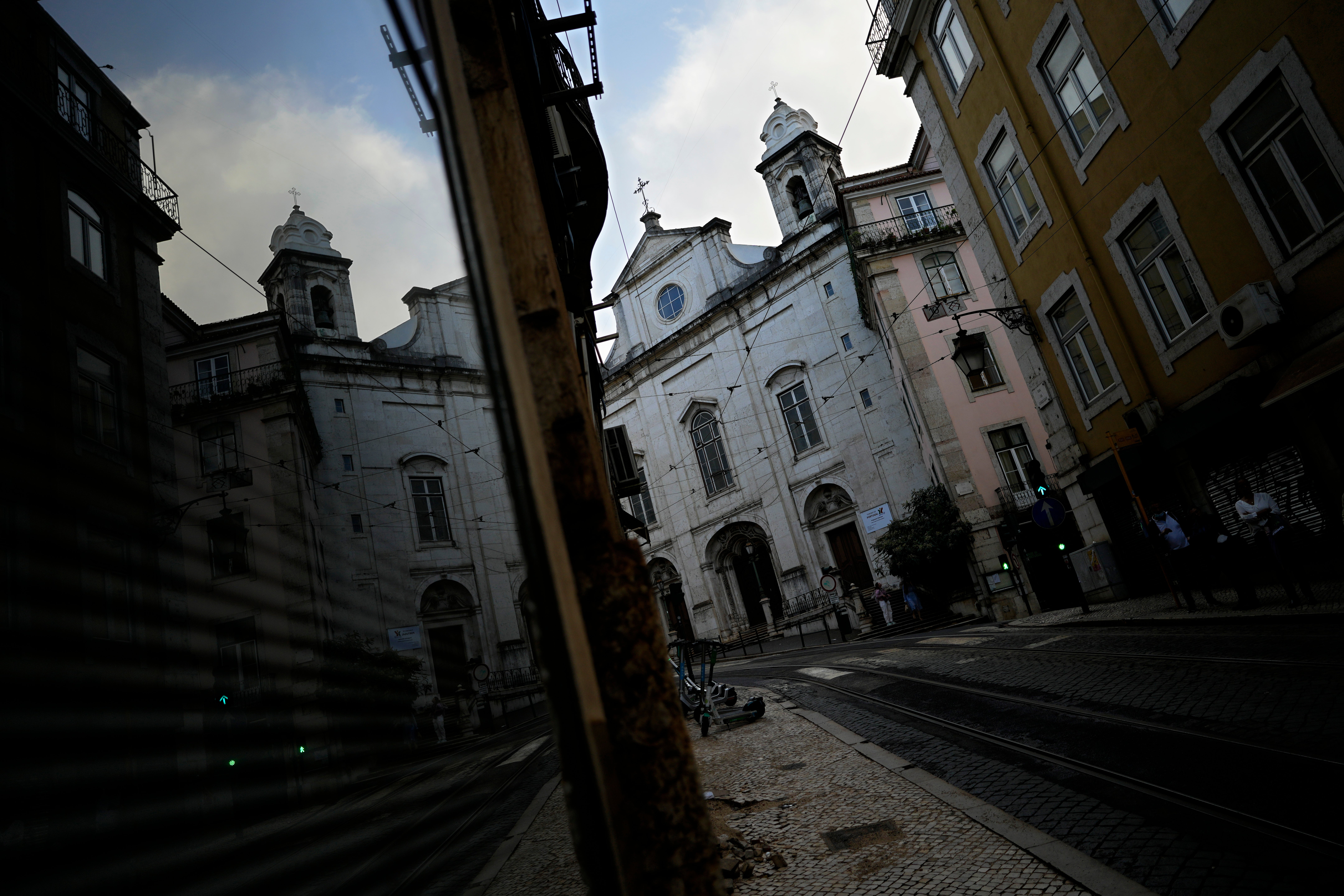Historic Portugal church sex abuse 'truly endemic' at times
The head of a lay committee looking into historic child sex abuse in the Portuguese Catholic Church says the problem in the past had been “widespread” and on some occasions reached “truly endemic” proportions

Your support helps us to tell the story
From reproductive rights to climate change to Big Tech, The Independent is on the ground when the story is developing. Whether it's investigating the financials of Elon Musk's pro-Trump PAC or producing our latest documentary, 'The A Word', which shines a light on the American women fighting for reproductive rights, we know how important it is to parse out the facts from the messaging.
At such a critical moment in US history, we need reporters on the ground. Your donation allows us to keep sending journalists to speak to both sides of the story.
The Independent is trusted by Americans across the entire political spectrum. And unlike many other quality news outlets, we choose not to lock Americans out of our reporting and analysis with paywalls. We believe quality journalism should be available to everyone, paid for by those who can afford it.
Your support makes all the difference.The head of a lay committee looking into historic child sex abuse in the Portuguese Catholic Church said Tuesday the problem in the past had been “widespread” and on some occasions reached “truly endemic” proportions.
Pedro Strecht, a psychiatrist who heads Portugal's Independent Committee for the Study of Child Abuse in the Catholic Church, said his panel has compiled a list of 424 alleged victims. Before the committee started its work in January, senior church officials had claimed that only a handful of cases had occurred.
The panel, which was created by the Portuguese Bishops Conference, is looking into alleged abuse cases from 1950 to the present involving minors aged two to 17. It is due to publish a report on Jan. 31.
Information obtained so far indicates that “a significant number” of Catholic Church priests and members allegedly have committed sex abuses since 1950, Strecht told a news conference in Lisbon, adding that “the problem not only existed, it also became widespread.”
He said the further back in time his panel went, it found “serious situations that lasted for decades (and) in some places reached truly endemic proportions.”
The victims were both boys and girls, although most were boys, he said.
Some alleged abusers were named by more than one victim, and hundreds of abusers have been identified, Strecht said. The alleged abuse includes indecent exposure, penetration and images of abuse.
The statute of limitations has expired on most of the allegations. Apart from those, 17 complaints have been forwarded to the Portuguese attorney general’s office and another 30 may still be sent, Strecht said.
The panel is not publishing the names of the victims, the identities of the alleged abusers, or the places the abuses allegedly happened. However, its final report will include a separate — and confidential — annex of all the names of church members reported to the committee that will be sent to the Portuguese Bishops Conference and to the police.
Strecht said the panel had no information about any abuses committed by foreign priests.
The committee has interviewed all of Portugal’s bishops. Strecht praised the Portuguese Bishops Conference which, he said, had shown “pioneering courage” in setting up the study.